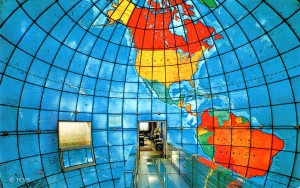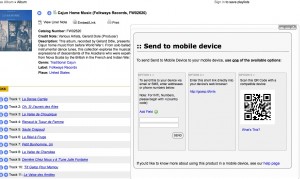The stacks get painted green
A new influx of books on sustainability, climate change, and all things green have hit the Library Stacks in 2010. In following its commitment to sustainable development, Northeastern has been obtaining more relevant sources on the topic for its students. Some new titles that are available and have yet to even be checked out are…
A Global Green New Deal by Edward B. Barbier.
- This book focuses on the need for global shifts in policy that will be able to meet short-term and long-term sustainability needs without creating economic or environmental crises in the future.
- This book follows the same theme of cooperation on a larger scale to achieve environmental change. It focuses on the relationship of the economy and the environment, the government’s current role and ideal role, and how individuals, communities, and countries can work cooperatively to achieve goals with relative ease and low expenses.
- This book gives a theoretical, political, and practical perspective on the role of developmental cooperation needed between developed and developing countries. The focus on climate change and aid theory make us rethink the need to help developing countries as a step to achieving global environmental progress.

